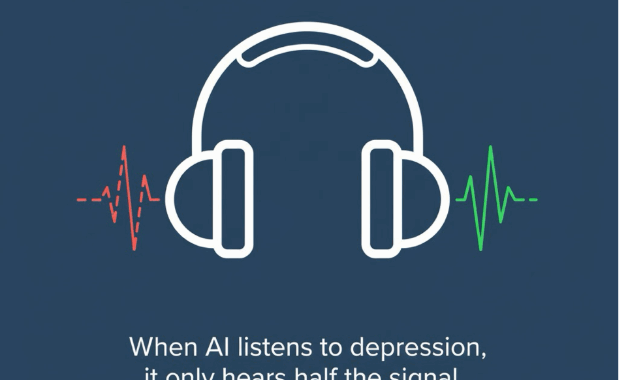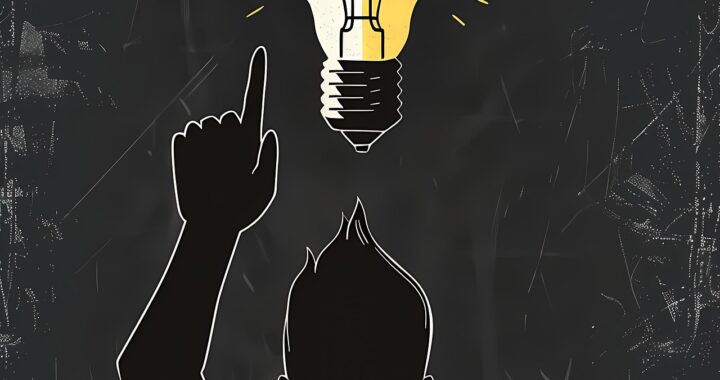
When the mind’s eye is blind
Can you picture an apple? If the answer is no, you might have aphantasia. New research is shedding new light on to the purpose of visual imagination, helping us understand empathy, memory, and maybe even consciousness itself.
 When the mind’s eye is blind
When the mind’s eye is blind  Ramadan: What does fasting do to your brain?
Ramadan: What does fasting do to your brain?  The more we learn, the more we forget?
The more we learn, the more we forget? 












